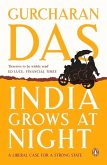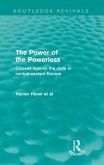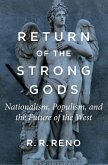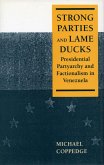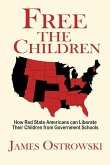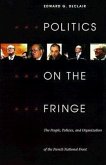A new politics emerged in the 1970s in response to the world recession, the exhaustion of Fordism (the theory, traced to Henry Ford, that well-paid industrial workers fuel continuous capitalist growth), and the breakdown of American hegemony. Thatcherism, one expression of this new politics, acquired its distinctive characteristics through the exceptional and deep-seated crisis of state authority that developed in Britain in the mid-1970s. By 1987, the Conservatives under Thatcher's leadership had won their third successive election victory over a divided opposition and enjoyed a degree of political and ideological dominance that led many commentators to speak of the end of the socialist era and the emergence of a new consensus in Britain. A new word--Thatcherism--had entered the political lexicon. It has come to signify a broad-ranging and distinctive program aimed at promoting economic recovery through the privatization of public enterprise and restoring the authority of the state. The Free Economy and the Strong State explores the roots of Thatcherism and its relationship to the Conservative tradition, to the economic liberal ideology of the New Right, and to the "new politics" which emerged from the recession and crisis of the world order in the mid 1970s.
Hinweis: Dieser Artikel kann nur an eine deutsche Lieferadresse ausgeliefert werden.
Hinweis: Dieser Artikel kann nur an eine deutsche Lieferadresse ausgeliefert werden.


